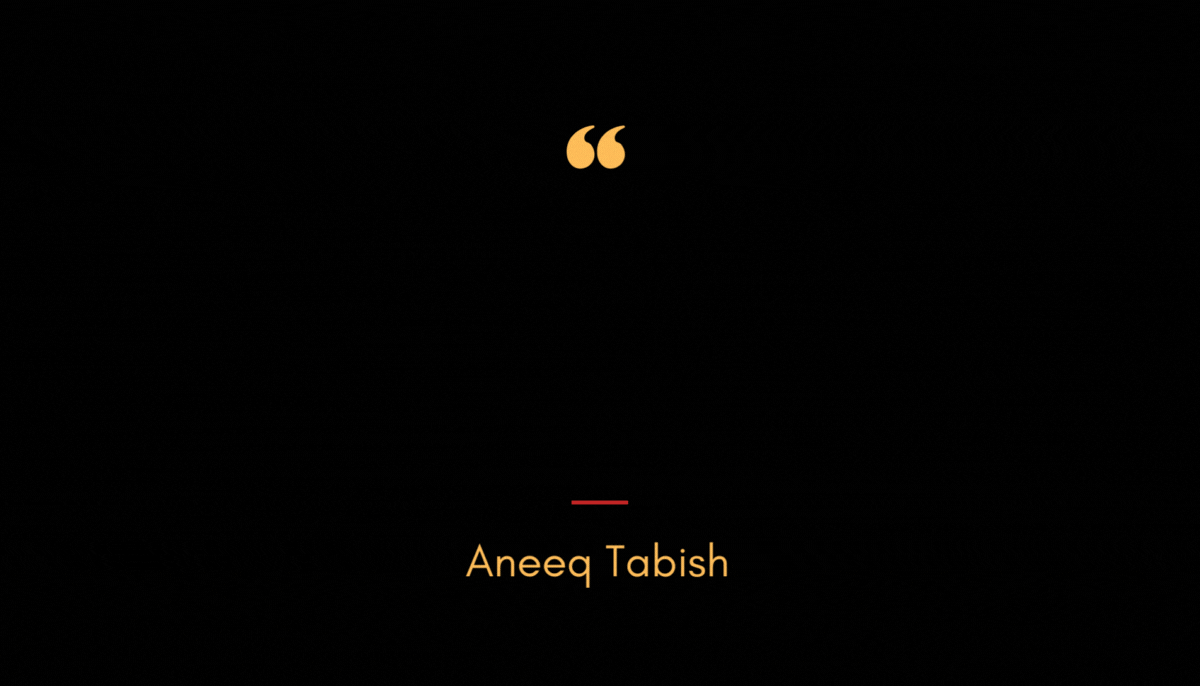Is sun about to set on solar power savings’ dreams?

The scorching Pakistani sun has millions of Pakistanis looking to harness the abundant solar power to burst the ballooning power bills and become somewhat immune to load-shedding. However, this “solar rush” is likely to lose its shine a new debate is heating up over how much credit should solar panel owners receive for their excess energy. Here’s what it means for consumers.
Net metering, the current system, lets you offset your electricity bill with that solar power. But gross metering, a proposed change, would mean selling all your extra energy back to the grid, potentially for less than you pay to use it.
Understanding these two systems is like understanding the fine print on your electricity bill — crucial for making the most of your new solar investment. So, let’s untangle the wires and understand which system is the most suitable.
The recent debate sparked after news circulated that the Pakistani authorities are planning to phase out the net metering policy for rooftop solar panels in line with their discussion with the International Monetary Fund (IMF).
However, the Ministry of Energy later clarified that no such decision was on cards. In the early days of solar power, some countries, like Pakistan considered gross metering as back then, governments wanted to get people hooked on solar and even helped with rooftop installations.
If the decision is taken then Pakistan might be the first country to ditch the popular net metering and go back to gross metering, which analysts believe isn’t the smartest move.
Net metering vs gross metering
Geo.tv reached out to Aneeq Tabish, an expert on solar energy, to understand what gross metering exactly is.
“Basically, in net metering, when the electricity is being created through the sunrays at daytime, less power is used in residential units because people go to work and school. Since the power consumption is less, K-Electric, Karachi’s only distribution company (DISCO), buys those leftover electric units [from the residents who have solar power units]. The slab in which KE buys it is off-peak, the rate of which is around Rs30/unit,” he explained.
“For example, if you sell 10 units in the daytime and consume the same number of them at night after 11pm — since the off-peak time is from 11pm-6pm — then those units will be free of cost.
“As you’re buying and selling electricity at the same rate (through credits), the units consumed at night can be paid for by the units you sell during the day, resulting in savings.
“However, under gross metering, those same 10 units sold to the power utility will be treated and bought differently. As opposed to net metering, all the electricity generated by your solar panels is sold to the grid at a predetermined rate, and all the units you consume from the grid are purchased at the retail rate, as per experts.
“Currently, for one power consumption unit or kilowatt-hour (kWh), DISCO is charging Rs35.57 plus surcharges, taxes and FPA, which totals up to around Rs65/unit for the consumer. DISCO purchases one solar-generated unit at Rs22/nit or thereabout.
“In simple terms, solar distributed generation (DG) also called distributed energy, on-site generation will have to generate three times its consumption from its solar system to achieve zero billing.
“A household consuming 1,200 units/month on average will have to generate 3,600 units per month for which a solar installation of 30kW will be required. And 90% of rooftops of average residential units are unlikely not have the space for such an installation.”
Shedding light on the immediate reaction from the masses and industry, the solar power expert highlighted some of the potential impacts of the decision.
“The first impact will obviously be the rate. The second one will be tax. Currently, there’s no tax applicable in net metering since it’s a break-even sort of thing. But when you move towards gross metering and sell it to the utility at a new decided rate you cannot charge tax on it as you’re not a tax holding authority. But tax will be added to the per unit price if you purchase it at night,” he added.
Tabish mentioned that as an owner of a solar company, he believed that on-grid was a facility that could benefit residential consumers.
“If this facility is withdrawn, then it will benefit industrialists or those in authority. When solar energy is created in the daytime, and it is provided to KE or any independent power producers (IPP) through the PMT (by a residential consumer who did not need the excess power) and it is provided to any sector, such as the dairy, or any home business, which uses power in the daytime, then it is beneficial; but if it is sent back, then I’ll consider it a loss.
“In the daytime, the power consumption in residential is less compared to industrial, so the excess solar energy can be diverted toward industries. This is how residential power generation can help IPPs,” he added.
Meanwhile, Irfan Allahwala, a solar importer, told Geo.tv that the backlash was a result of unclear communication with the consumers.
“If you talk about taxing sunlight, then people would impulsively react. Nothing like this happens across the world. This doesn’t even happen in California which is one of the biggest producers of solar power,” he said.

More than just money
Let’s explore further the possible financial implications of the policy shift for both homeowners with solar panels and the national grid itself.
Under the current net metering system, homeowners with solar panels receive credits for the excess energy they generate, reducing their electricity bills. However, the proposed switch to gross metering would offer a fixed rate for all generated electricity. While this might sound straightforward, experts warn it could translate into higher overall electricity costs for homeowners.
The government’s rationale behind the shift focuses on stabilising electricity prices and alleviating strain on the national grid.
By lowering the price paid for solar-generated electricity, they hope to manage the costs of integrating renewable energy into the larger power system.
This policy change highlights the complex challenges of promoting renewable energy. While the government remains committed to solar power growth, the shift underscores the need to address the financial and operational hurdles that come with increasing reliance on solar energy.
The stakeholders are grappling with the potential consequences. The predictable income offered by gross metering might be appealing, but it comes at the cost of potentially rising electricity bills for homeowners. This needs to be weighed against Pakistan’s long-term goals of sustainable energy development.
The move from net metering to gross metering is a hot-button issue in Pakistan, with both homeowners and the national grid standing to be impacted. As the debate unfolds, it’s crucial to find a solution that balances financial concerns with the country’s commitment to a clean energy future.
The writer is a staffer. She posts on X @afreenmirza97
Image created by Canva AI.



